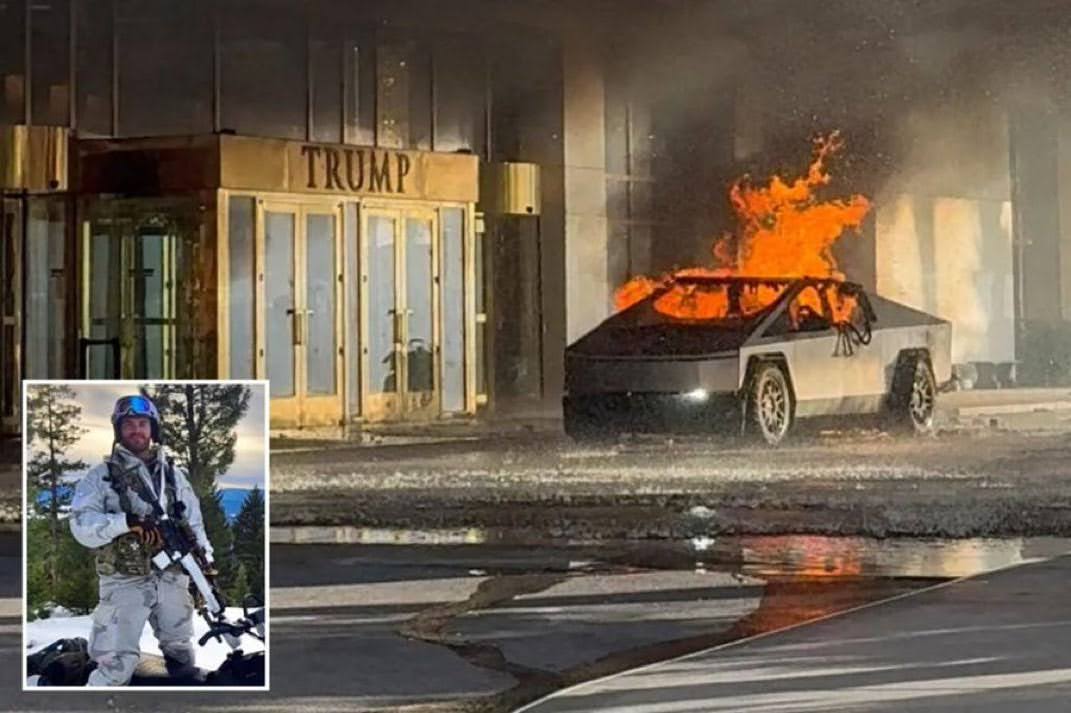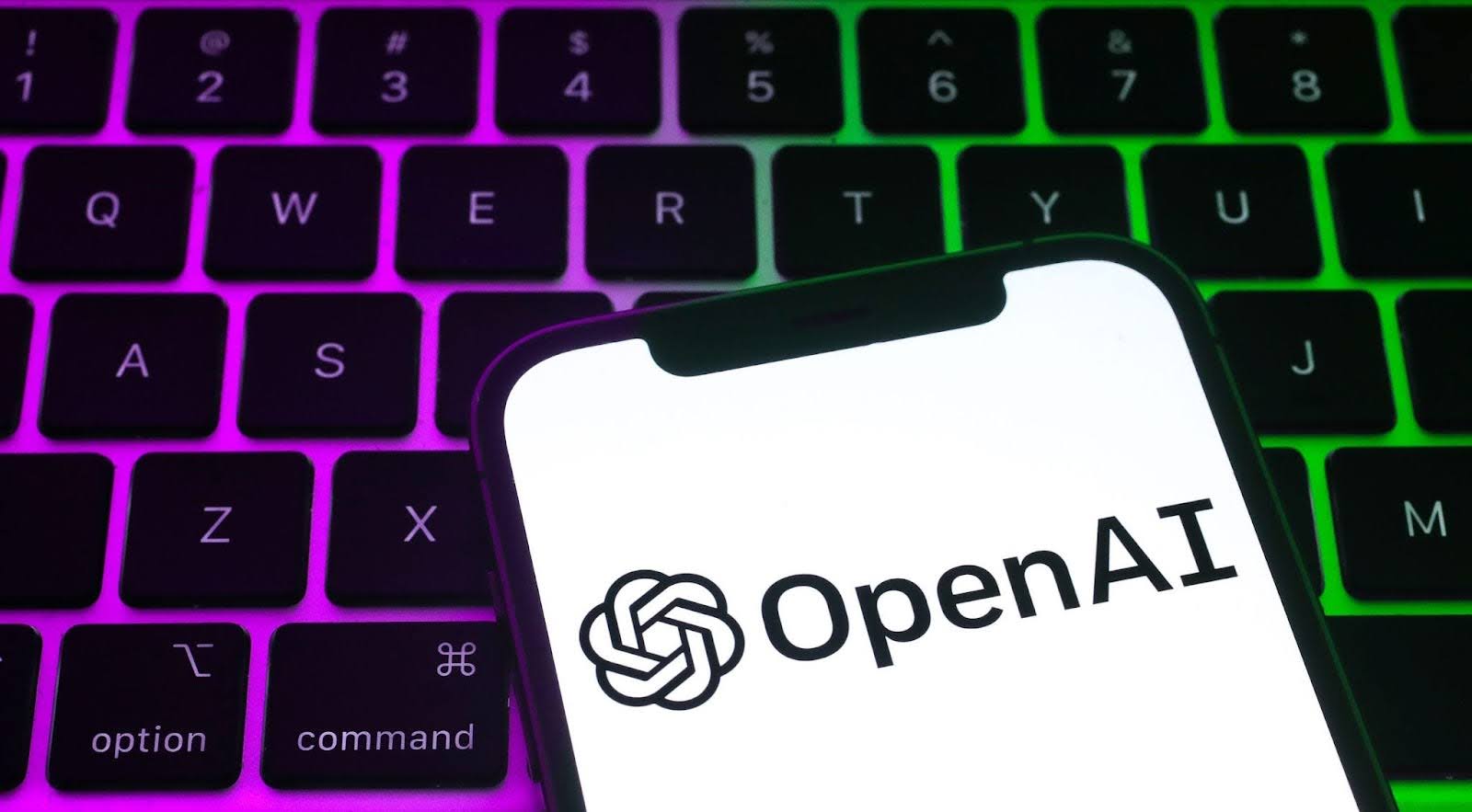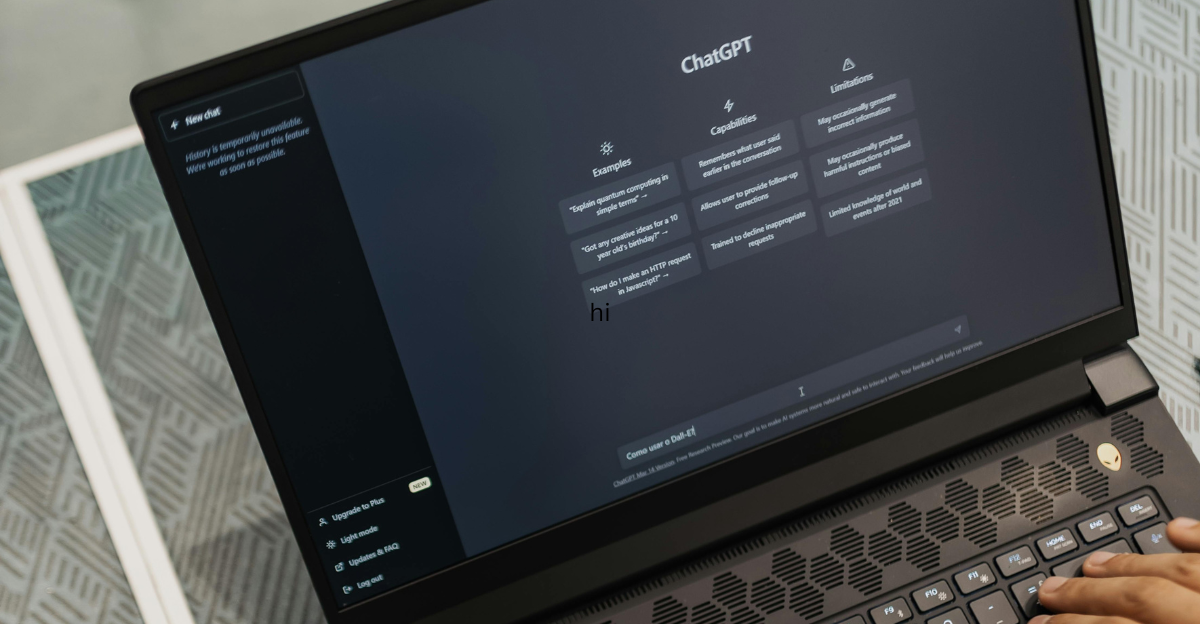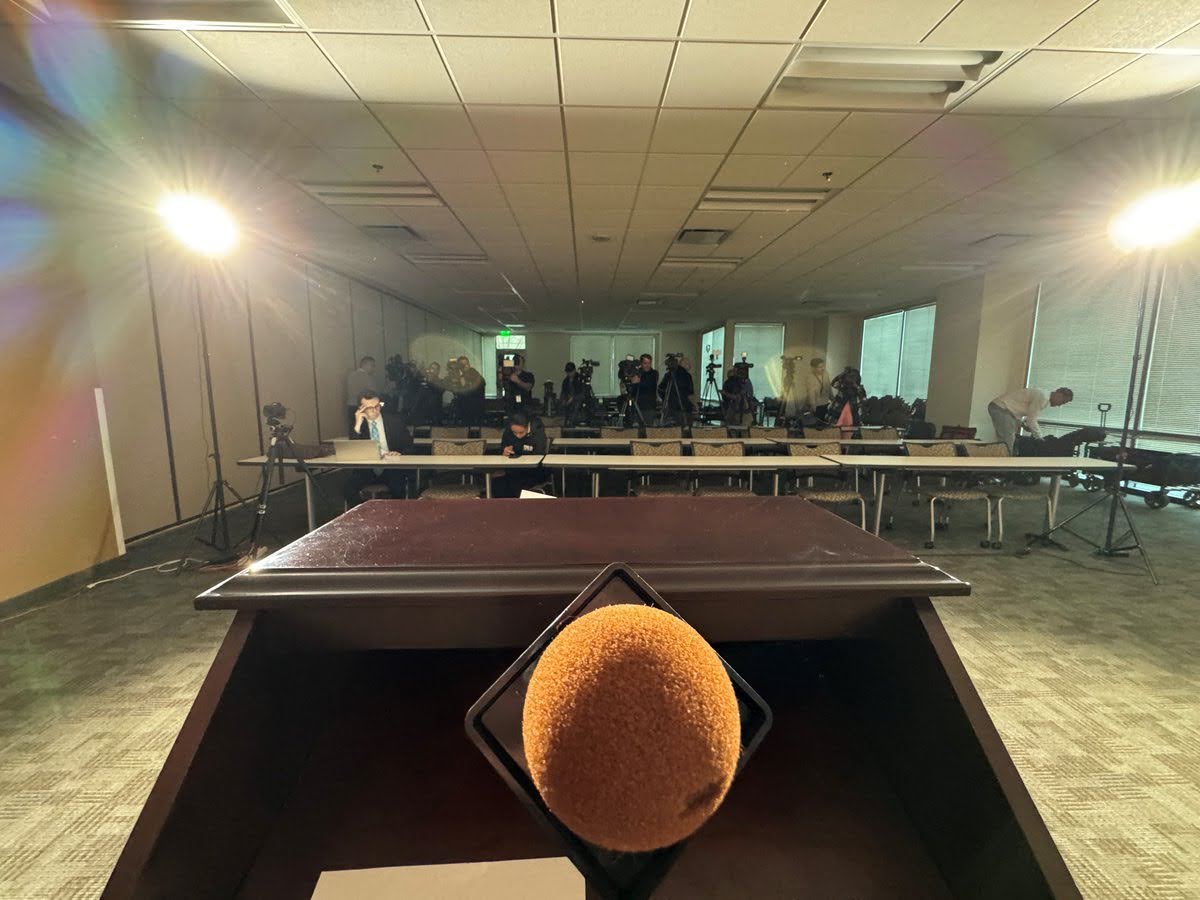U.S. News
Matthew Livelsberger Uses ChatGPT for Vegas Cyber Truck Explosion
By Alison Plaut · January 12, 2025


Using Generative AI to Plan the Attack
Matthew Alan Livelsberger, 37, asked ChatGPT various questions necessary to plan the attack, including:-How he could put together an explosive
-How fast would a round need to be fired for the explosives found in the truck to go off without just catching fire.
-Whether fireworks are legal in Arizona.
Livelsberger’s self-inflicted gunshot might have caused the “fuel-air explosion” that ignited the fireworks and other explosive materials in the cyber truck, according to Kenny Cooper, assistant special agent in charge of the San Francisco Field Division of the Bureau of Alcohol, Tobacco, Firearms and Explosives.
The investigation has not returned any purchase records or physical evidence indicating that Livelsberger used a remote-controlled detonation or another more sophisticated, timed initiation system.

New Territory in AI Raises Questions About Safety Protocols
The information age has made it easier to find whatever you need at a moment's notice, but AI is taking that to the next level. This cyber truck attack marks one of the first times we've seen the perpetrator use AI to plan and/or execute the attack.The Clark County/Las Vegas Metropolitan Police Sheriff Kevin McMahill reflected on this new territory when he said: “We know AI was going to change the game for all of us at some point or another, in really all of our lives. I think this is the first incident that I’m aware of on U.S. soil where ChatGPT is utilized to help an individual build a particular device.” He added, “It’s a concerning moment.” Matheus Bertelli from Pexels

Livelsberger Motives: A Critical Mental Health Discussion
Lielsberger, possibly suffering from PTSD, left a diary on his phone explaining his motives. Two letters urge Americans to "wake up," criticizing leadership as "weak" and self-serving. The second letter describes the U.S. as "terminally ill," calling the explosion a "wake-up call" due to public fascination with the spectacle. He aimed to "cleanse" his mind of lost comrades and the guilt of taking lives.Spencer Evans, the special agent in charge of the FBI’s Las Vegas division, noted that the investigation determined that Livelsberger likely had post-traumatic stress disorder and that there were potential family issues that may have been contributing factors. RDNE Stock project from Pexels

Balancing Innovation with Public Safety
A spokesperson for OpenAI, the company behind Chat GTP, said, "Our models are designed to refuse harmful instructions and minimize harmful content. In this case, ChatGPT responded with information already publicly available on the internet and provided warnings against harmful or illegal activities. We're working with law enforcement to support their investigation."“In this case, ChatGPT responded with information already publicly available on the internet and provided warnings against harmful or illegal activities. We’re working with law enforcement to support their investigation.”
Whether this could lead to public restrictions on AI or additional safety measures remains to be seen. However, the researchers warning of the dangers of AI were not doomsayers. AI can support both good - and dangerous - depending on how we use and develop it. LVMPD via X